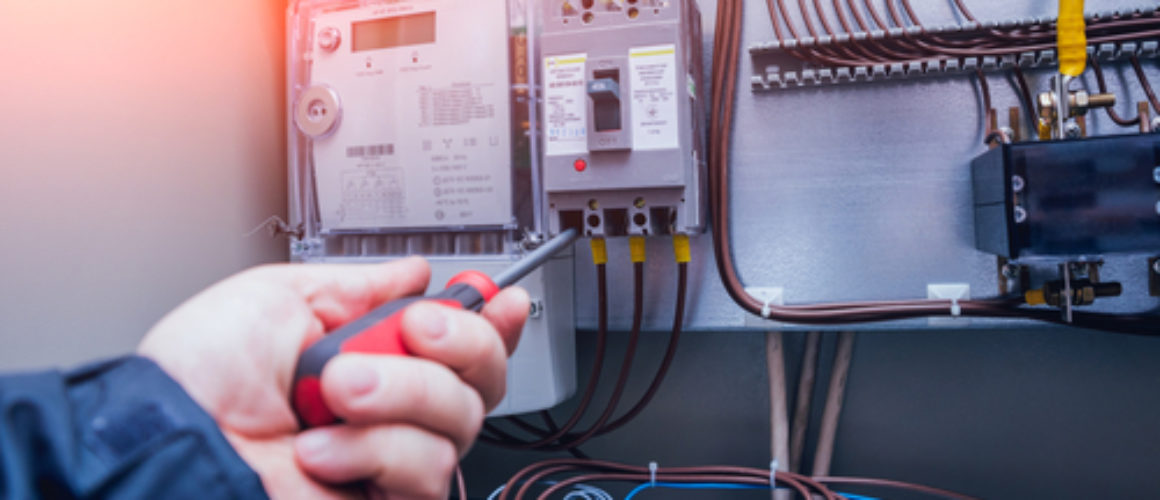How to Choose Which LIVE Electric Consumer Unit Fits Your Energy Needs?
Today, there are various types of electric consumer units (ECUs), but which one is right for you? This post will discuss the different types of ECUs and help you choose the one that best suits your energy needs. We’ll also provide tips on choosing the right energy provider and how to get the most out of your ECU. So read on to learn everything you need to know about ECUs!
Different Types of Electric Consumer Units
1. Industrial ECUs:
Industrial consumers are used to powering large industrial complexes. These systems are typically located in factories and warehouses, where they can provide the energy needed for various processes.
2. Residential ECUs:
Residential units are used for individual power homes and allow consumers to control their energy usage. Once they sign up for residential service, customers receive a remote monitor that will enable them to see how much electricity is being consumed at any given time and an online account where they can monitor their usage.
3. Commercial ECUs:
Businesses and larger residential complexes use commercial electric consumer units. They allow the business to monitor their energy consumption and receive notifications when there’s an overage or a power outage, making them more valuable than home-only systems.
4. Utility-Scale ECUs:
Utility-scale consumers are used by utilities and companies that generate their energy. They are the most common type of electric consumer unit, and they typically power extensive facilities such as factories or data centres.
5. Transmission-Scale ECUs:
Utilities use Transmission-scale consumers to power substations and electrical transmission lines. They’re also the most common type of electric consumer unit, and they typically provide enough energy for a large number of users, such as apartment complexes or office buildings. 6.
Things to Consider While Choosing LIVE Electric Consumer Units
- When choosing an electric consumer unit, you’ll need to consider the specific needs of your business. For example, utilities typically use utility-scale consumers, while transmission-scale ECUs are most common for businesses that generate their energy.
- You’ll also want to consider the type of electric consumer unit best suited for your business. For example, utility-scale ECUs are usually more expensive than other types, but they’re also more powerful and capable of powering large facilities.
- You’ll need to decide how much electricity your business will need. For example, if your business only uses a small amount of electricity each month, a utility-scale ECU may be unnecessary. Conversely, if your business generates much energy and needs to store it for later use, transmission-scale ECUs may be the best option.
- Consider the cost of electricity in your area and what kind of rate you’re paying for it now. For example, if you live in a city known for its high electric rates, utility-scale ECUs may be a better option for you.
- Finally, you’ll need to consider the type of electric consumer unit best suited for your business’ needs and budget. For example, transmission-scale ECUs are usually more expensive than other types, but they can power large facilities such as apartment complexes or office buildings.
Conclusion
Choosing a suitable electric consumer unit is not easy, but it’s definitely worth your time and effort. There are several factors to consider when selecting an ECU, such as your energy needs, budget, and installation requirements. We’ve compiled a comprehensive list of different types of ECUs with corresponding descriptions. Check out our electric discounted supplies products for more information on discounts and offers available on electric consumer units!




